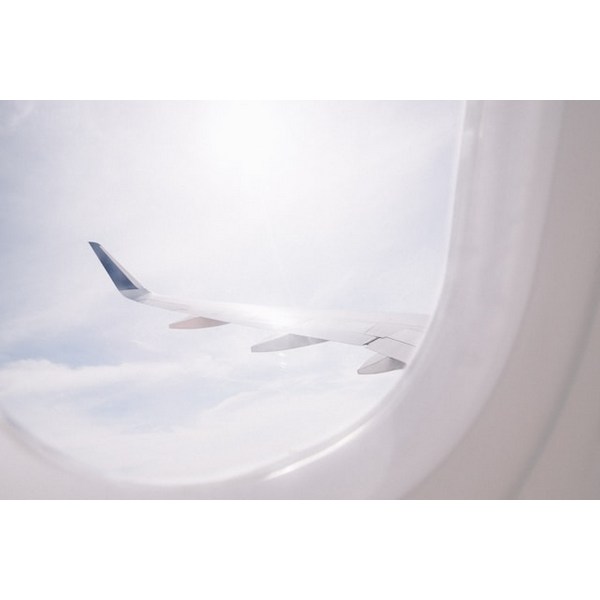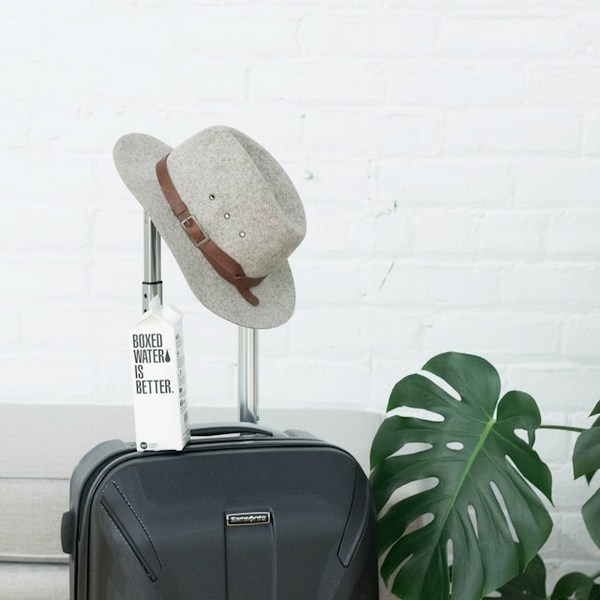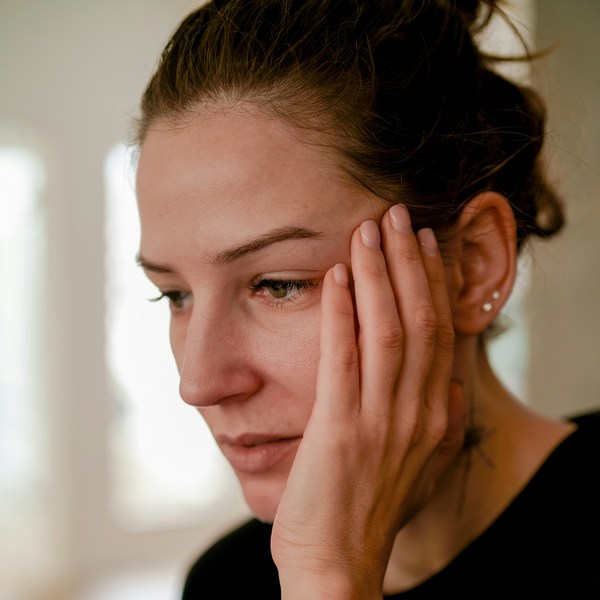Key Highlights
- Key practices include frequent handwashing, showering, and oral care.
- Packing a portable hygiene kit can help you stay fresh on the go.
- Advanced hygiene practices include using antimicrobial wipes and hand sanitizers effectively.
- Eating and drinking safely while traveling involves choosing safe foods and beverages and packing your own cutlery and straws.
Traveling often exposes us to different environments, climates, and situations where access to basic hygiene facilities may be limited.
However, with proper planning and preparation, it is possible to maintain personal hygiene and minimize the risk of illness while traveling.
Essential Travel Hygiene Tips
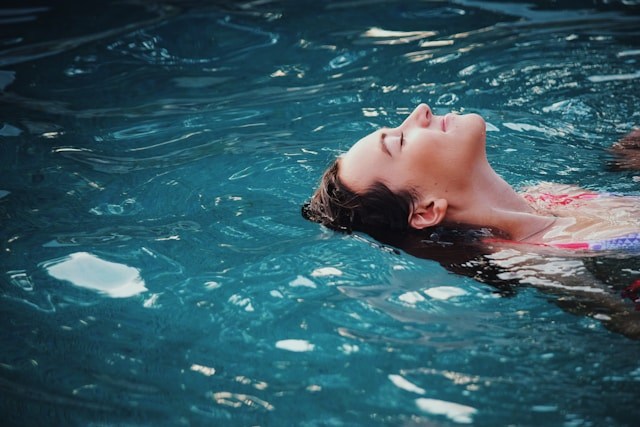
According to the Centers for Disease Control and Prevention (CDC), handwashing can prevent about 20% of respiratory infections.
1. Selecting the Right Hygiene Products for Different Climates
When traveling to different climates, it is important to select the right hygiene products to keep your skin protected and hydrated.
In hot and sunny destinations, sunscreen with a high SPF is advisable to protect your skin from harmful UV rays. Look for mineral based sunscreen that offers broad-spectrum protection and is water-resistant.
Additionally, a moisturizer with SPF can provide hydration and sun protection in one product. In colder climates, a heavier moisturizer can help combat dryness and keep your skin hydrated.
Consider using a lip balm with SPF to protect your lips from the harsh elements. Don’t forget to adjust your skincare routine according to the climate you will be traveling to.
2. Packing a Portable Hygiene Kit
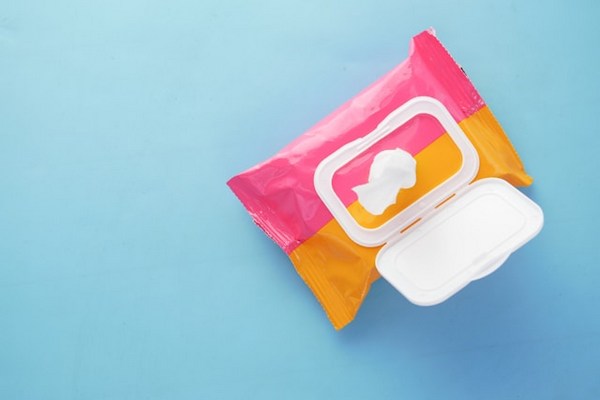
Here are some items you should consider including in your travel hygiene kit:
- Hand sanitizer: Carry a small bottle of hand sanitizer to clean your hands when soap and water are not readily available.
- Disposable gloves: Disposable gloves can be handy in situations where you need to touch high-touch surfaces or handle potentially contaminated objects.
- Wet wipes: Pack a few packs of wet wipes to clean your hands, face, and other surfaces when necessary.
- Toothbrush and toothpaste: Don’t forget to pack your toothbrush and toothpaste to maintain your oral hygiene while traveling.
- Travel-sized shampoo and body wash: Pick up travel-sized versions of your favorite shampoo and body wash to keep yourself clean and refreshed throughout your journey.
3. Keeping Your Skin Hydrated and Clean
- Apply a moisturizer regularly to keep your skin hydrated and prevent dryness. Choose a moisturizer suitable for your skin type and consider using one with SPF for sun protection.
- Cleanse your face twice a day to remove dirt, oil, and sweat. Choose a gentle cleanser that won’t strip your skin of its natural oils.
- Drink plenty of water to keep your skin hydrated from the inside out. Ideally you should add minerals or sea salt to your water
- Try to avoid touching your face as much as possible to prevent the transfer of bacteria and dirt from your hands to your skin.
4. Strategies for Staying Fresh During Long Flights or Road Trips
- Compression socks can help improve blood circulation and reduce leg swelling during long flights or road trips. They can also help prevent the risk of blood clots.
- To get some rest during long journeys, use an eye mask to block out light and earplugs to reduce noise and create a more peaceful environment.
- Dry shampoo is a convenient option for refreshing your hair when you don’t have access to a shower. It absorbs excess oil and adds volume to your hair, making it look and feel cleaner.
Public Restrooms and Shared Facilities
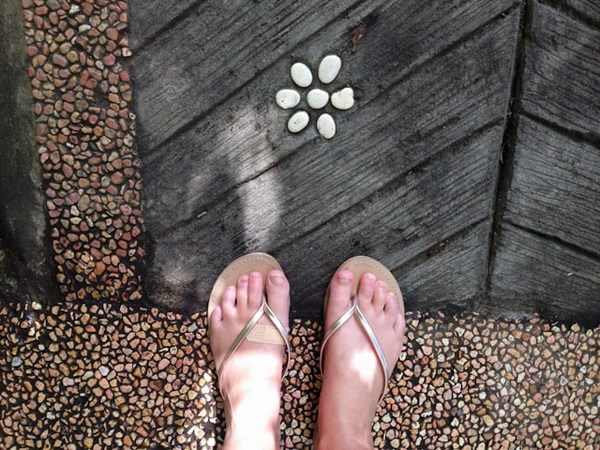
1. Minimizing Contact with High-Touch Surfaces
- Use your elbow or a tissue to open doors or press elevator buttons to avoid direct contact with surfaces.
- Carry disposable gloves and use them when necessary, especially when touching surfaces in public restrooms or shared facilities.
- Avoid touching your face after touching high-touch surfaces to prevent the transfer of germs.
- Wash your hands thoroughly with soap and water or use hand sanitizer after coming into contact with high-touch surfaces.
2. What to Do If Soap and Water Are Not Available
- Use hand sanitizer: Carry a small bottle of hand sanitizer with at least 60% alcohol content and use it when soap and water are not accessible. Apply the sanitizer to your hands and rub them together until dry.
- Look for water sources: If possible, find alternative water sources such as public restrooms, restaurants, or cafes where you can wash your hands using soap and water.
- Carry portable hand soap: Consider carrying portable hand soap sheets or dissolvable soap strips that can be used with water to wash your hands.
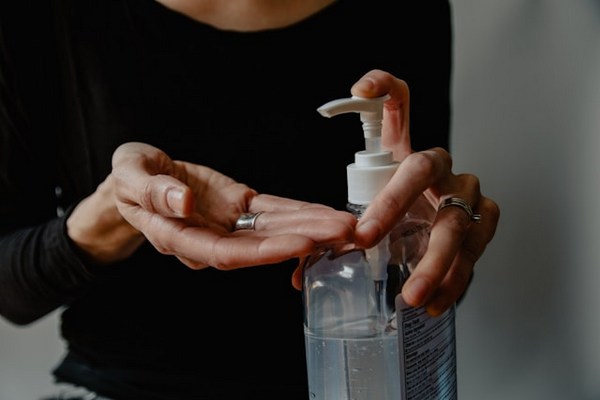
3. Carrying Your Own Toilet Seat Covers
Carrying your own disposable toilet seat covers can provide an extra layer of personal hygiene and peace of mind when using public restrooms.
- Prevents direct contact with the toilet seat: Disposable toilet seat covers act as a barrier between you and the toilet seat, reducing the risk of contact with germs and bacteria.
- Offers peace of mind: Having your own toilet seat covers ensures that you have a clean and hygienic surface to use, regardless of the condition of the public restroom.
- Easy to carry: Disposable toilet seat covers are lightweight and compact, making them easy to carry in your bag or pocket.
4. The Importance of Footwear in Shared Showers
- Protects against fungal and bacterial infections: Shared showers can be breeding grounds for infections, such as athlete’s foot and warts. Wearing flip-flops or shower shoes protects your feet from coming into direct contact with the floor.
- Prevents slipping: Showers can be slippery, especially when wet. Wearing footwear with good traction reduces the risk of slipping and falling in the shower.
- Provides peace of mind: Wearing footwear in shared showers gives you peace of mind, knowing that you are taking necessary precautions to protect your feet from potential infections.
Eating and Drinking Safely While Traveling

1. Choosing Safe Foods and Beverages to Avoid Illness
- Choose foods that have been thoroughly cooked and served hot. Avoid raw or undercooked meats, seafood, and eggs.
- Drink bottled water or water that has been properly boiled to avoid consuming water that may be contaminated.
- Fruits that can be peeled, such as bananas and oranges, are generally safer to eat as the outer peel acts as a barrier against contamination.
2. Packing and Using Your Own Cutlery and Straws
- Minimizes the risk of contamination: You can ensure that your own cutlery and straws are clean and free from any potential contaminants.
- Avoids reliance on improperly cleaned utensils: Eating at restaurants or street food stalls exposes you to the risk of using utensils that may not have been properly cleaned.
- Promotes personal hygiene: Using your own cutlery and straws allows you to prioritize your personal hygiene and reduce the risk of ingesting harmful bacteria.
3. Staying Hydrated with Safe Water Sources
- Drink bottled water: When unsure about the safety of tap water, opt for bottled water from reputable brands. Ensure that the bottle seal is intact before consuming.
- Boil tap water: If you have access to a kitchen or accommodation with a stove, you can boil tap water for a few minutes to make it safe for drinking.
- Use water purification methods: Consider using water purification methods, such as water purification tablets or portable water filters, to ensure the safety of the water you consume.
Conclusion
Maintaining proper hygiene while traveling is key to staying fresh and healthy on the go. From selecting the right products for different climates to innovative waterless cleaning solutions, these tips can make a significant difference in your travel experience. Remember, hygiene impacts not only your physical well-being but also your overall comfort during your journey. By following these essential travel hygiene practices and incorporating advanced techniques like using antimicrobial wipes effectively, you can ensure a pleasant and refreshing travel experience. Prioritizing hygiene is a simple yet effective way to enhance your travel adventures and keep you feeling fresh throughout your trip.
Frequently Asked Questions
How Can I Ensure My Hands Stay Germ-Free While Traveling?
To ensure your hands stay germ-free while traveling, carry hand sanitizer with at least 60% alcohol content and use it regularly. It’s also important to wash your hands with soap and water whenever possible to maintain good hand hygiene.
What Are the Best Ways to Sleep Cleanly in Hostels or Hotels?
To sleep cleanly in hostels or hotels, bring your own travel sheet or sleeping bag liner to use as a barrier between you and the bedding. This can help protect against bed bugs and other potential hygiene issues.
Can I Maintain My Skin Care Routine While Traveling?
Yes, you can maintain your skin care routine while traveling. Pack travel-sized versions of your favorite moisturizer and sunscreen to keep your skin hydrated and protected from the sun’s harmful rays.
What Should Be Included in a Travel Hygiene Kit?
A travel hygiene kit should include essential items such as hand sanitizer, face masks, a toothbrush, toothpaste, and wet wipes. Customize your kit based on your personal needs and the specific requirements of your trip.
How Do I Stay Fresh on Long-haul Flights or Bus Rides?
To stay fresh on long-haul flights or bus rides, wear comfortable clothing, use compression socks to improve circulation, and bring travel-sized toiletries for freshening up during the journey.
Minimalist Travel: Less Baggage, More Memories
Key Takeaways Learn to pack only essential items for any trip, keeping your luggage light. Enjoy the benefits of minimalist travel: less stress, more freedom,…
Sustainable Eco-Tourism: Why It Matters
Key Highlights Promotes conservation and eco-friendly travel to preserve natural habitats. Creates jobs and supports local economies. Preserves indigenous cultures and traditions. Encourages eco-friendly accommodations…
7 Healthy Habits to Maintain While Traveling
Key Highlights Stay hydrated, eat well, and stay active during travel. Ensure restful sleep, practice stress reduction, and keep up with personal hygiene for well-being….
Explore the Hidden Health Benefits of Traveling
Key Highlights Traveling reduces stress and improves mental well-being. It enhances creativity by exposing you to new experiences. Traveling improves physical fitness through exploration and…
